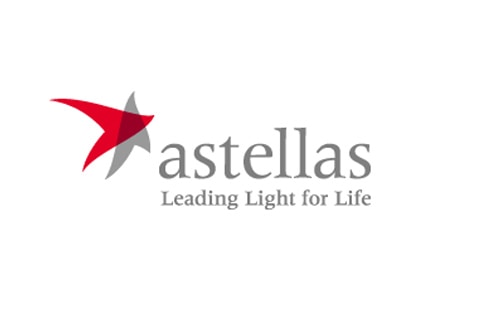
The FDA has approved Astellas’ antifungal treatment Cresemba (isavuconazonium sulfate) for the treatment of invasive aspergillosis and invasive mucormycosis.
The life-threatening fungal infections, also known as or zygomycosis, predominantly occur in patients that have a weakened immune system.
Bernie Zeiher, head of infectious disease at Astellas, said: “We’re pleased with the FDA’s approval of Cresemba for use in treating patients with these life-threatening infections. We are proud to be able to offer a new treatment for patients in an area for which there is a significant unmet medical need.”
The decision was largely expected after an FDA advisory committee voted unanimously 11-0 in January to recommend its approval.
Cresemba belongs to a class of drugs called azole antifungal agents, which target the cell wall of a fungus and is available in both an oral and intravenous formulation.
Edward Cox, director of the office of antimicrobial products at the FDA, said: “This approval provides a new treatment option for patients with serious fungal infections and underscores the importance of having available safe and effective antifungal drugs.”
Cresemba is the sixth approved antibacterial or antifungal drug product designated as a Qualified Infectious Disease Product (QIDP) by the FDA.
This designation is given to antibacterial or antifungal drug products that treat serious or life-threatening infections.
As part of its QIDP designation, Cresemba was given priority review, which provides an expedited review of the drug’s application.
The QIDP designation also qualifies Cresemba for an additional five years of marketing exclusivity to be added to certain exclusivity periods already provided by the Food, Drug, and Cosmetic Act.
As these types of fungal infections are rare, the FDA also granted Cresemba orphan drug designations for invasive aspergillosis and invasive mucormycosis.
The drug is being co-developed with Swiss biotech firm Basilea Pharmaceutica International, which has the right to market the drug in Europe. Basilea submitted a European application in July last year for the treatment of invasive aspergillosis and mucormycosis, and is awaiting the regulator’s decision.
If approved, Astellas says it will pay a $32m milestone payment to Basilea under their license and co-development agreement.
Astellas originally bought into the drug’s promise back in 2010 and paid $86m up-front to Basilea, while promising $550m more if the treatment reached further development and sales goals.The FDA has approved Astellas’ antifungal treatment Cresemba (isavuconazonium sulfate) for the treatment of invasive aspergillosis and invasive mucormycosis.
The life-threatening fungal infections, also known as or zygomycosis, predominantly occur in patients that have a weakened immune system.
Bernie Zeiher, head of infectious disease at Astellas, said: “We’re pleased with the FDA’s approval of Cresemba for use in treating patients with these life-threatening infections. We are proud to be able to offer a new treatment for patients in an area for which there is a significant unmet medical need.”
The decision was largely expected after an FDA advisory committee voted unanimously 11-0 in January to recommend its approval.
Cresemba belongs to a class of drugs called azole antifungal agents, which target the cell wall of a fungus and is available in both an oral and intravenous formulation.
Edward Cox, director of the office of antimicrobial products at the FDA, said: “This approval provides a new treatment option for patients with serious fungal infections and underscores the importance of having available safe and effective antifungal drugs.”
Cresemba is the sixth approved antibacterial or antifungal drug product designated as a Qualified Infectious Disease Product (QIDP) by the FDA.
This designation is given to antibacterial or antifungal drug products that treat serious or life-threatening infections.
As part of its QIDP designation, Cresemba was given priority review, which provides an expedited review of the drug’s application.
The QIDP designation also qualifies Cresemba for an additional five years of marketing exclusivity to be added to certain exclusivity periods already provided by the Food, Drug, and Cosmetic Act.
As these types of fungal infections are rare, the FDA also granted Cresemba orphan drug designations for invasive aspergillosis and invasive mucormycosis.
The drug is being co-developed with Swiss biotech firm Basilea Pharmaceutica International, which has the right to market the drug in Europe. Basilea submitted a European application in July last year for the treatment of invasive aspergillosis and mucormycosis, and is awaiting the regulator’s decision.
If approved, Astellas says it will pay a $32m milestone payment to Basilea under their license and co-development agreement.
Astellas originally bought into the drug’s promise back in 2010 and paid $86m up-front to Basilea, while promising $550m more if the treatment reached further development and sales goals.




